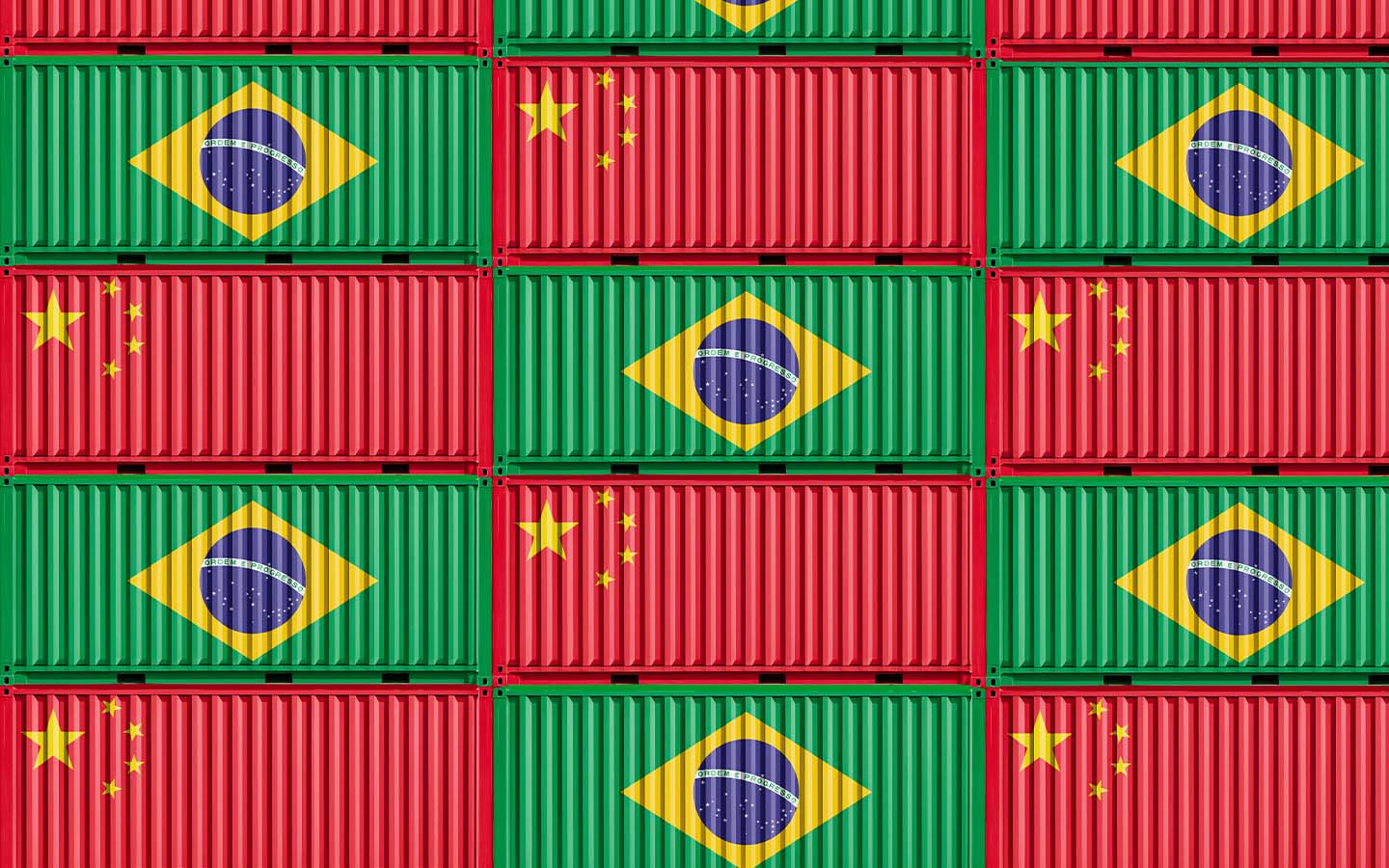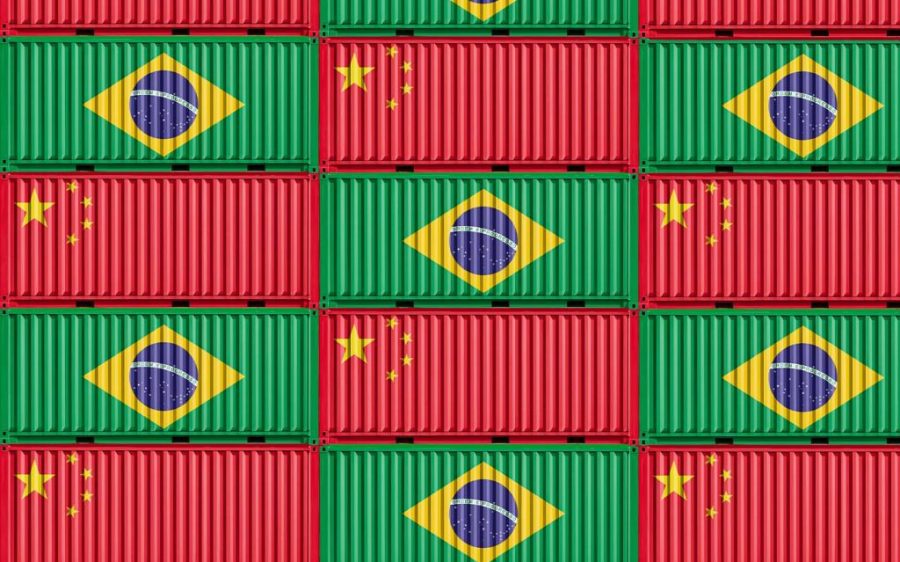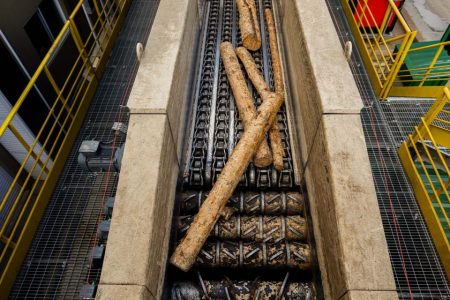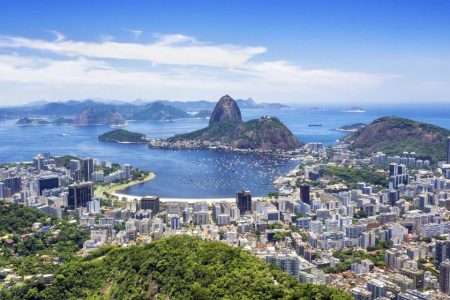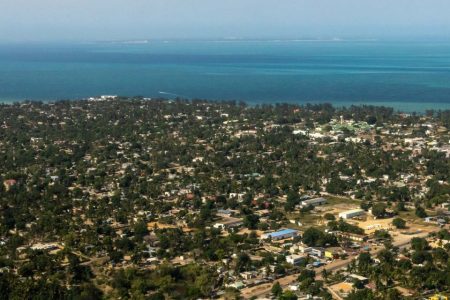In a roundtable discussion held last Thursday evening at the Rui Cunha Foundation, entrepreneurs, educators, and legal experts discussed Macao’s potential role in bridging reciprocal interests between China and nine Portuguese-speaking countries (PSC), giving special attention to Brazil.
Despite their varying areas of expertise, the invited speakers reached a similar conclusion: the deepening cooperation between Beijing and São Paulo would continue unwaveringly, regardless of Macao’s involvement.
Trade between the two BRICS nations reflects this narrative, reaching $158 billion in 2024, compared to just under $100 billion five years earlier. Brazil also distinguishes itself as one of the few economies in the world to boast a trade surplus with China, driven in part by Chinese demand for soybeans, iron ore, and crude oil, all coming at a time when Beijing is scaling back agricultural purchases from the US.
[See more: Brazilian soybean exports reach a record high]
Brazil has quickly absorbed the shortfall. More impressively, not only have farmers supplemented Chinese demand, they have also expanded the offering, comments Yuri Ribeiro, founder and chief executive officer of Valor da China.
“In just a few years, coffee has become a major export to China,” the panellist shared, mentioning Luckin Coffee’s five-year procurement plan of 2022 as a trigger point to that transition and underscoring the sudden influence Chinese investments can exert on the Brazilian economy.
Identifying natural advantages
“Since Brazil can’t relocate its fertile soil to grow soybeans in China, just as Chinese can’t move its consumer base to South America, each country’s natural advantages are primarily accessible through trade,” observed Felipe Assis, an associate lawyer at PK Advogados located in São Paulo. However, this exposes the Macao dilemma, which lacks raw resources for itself.
Instead, Macao needs to pivot towards its intangible strengths, notably its governance structures. As a Special Administrative Region of China under the “One Country, Two Systems” framework, this is particularly valuable during dispute resolutions since few Brazilian companies would want to arbitrate in Shanghai just as few Chinese companies would want to do so in São Paulo, Assis said.
Those advantages become more visible against Brazil’s foreign investment landscape, where navigating through 26 federated states often presents a complex and fragmented path for international companies. Although free trade zones and ports exist, they frequently suffer from ageing infrastructure and inefficient logistical factors that undermine business productivity, the lawyer explained.
Mutual cultural ties and common interests
For Brazilian companies looking east, language and cultural affinities offer clear advantages when partnering with Macao’s banking and legal institutions especially as the city actively promotes its links to Portuguese-speaking countries and celebrates their shared heritage. However, the biggest challenge lies in leveraging mutual interests between Brazil and China to catalyse the next wave of transformation, whether by fostering emerging industries or strengthening integration among academic and research capabilities.
Those developments are unfolding behind the scenes, commented Alexandre Lobo, vice-rector and full professor at USJ Macau, referring to multi-lateral economic cooperations like Forum Macao. On a broader thematic level, Brazil and China have expressed a shared commitment in upholding the blue economy, a reference to the sustainable use of ocean resources, along with climate cooperation.
Overlapping strategies could spur new opportunities for Macao’s green finance ambitions, including the launch of the Macao Emission Exchange (MEX) which is now intertwined with a local debt market, potentially setting a blueprint for other PSC countries to pursue net-zero solutions with the financial tools available within the Greater Bay Area (GBA). This potential could gather steam as Brazil hosts the upcoming 30th United Nations Climate Change Conference (COP30) which is taking place as China is prioritising investments into clean economy industries to achieve carbon neutrality by 2060.
[See more: How green financing is crossing borders while Macao’s waste is staying put]
How Macao transforms itself from a concept into a PSC platform offering tangible value represents one of the city’s biggest challenges and opportunities. However, work needs to be done on both sides. Many Brazilians are unaware of where Macao is, remarked Rodrigo Barbosa, co-founder and commercial director of Modular Park Brasil, adding that they are immediately fascinated upon learning that a Portuguese speaking city can be found in China. But as Brazil and China deepen their economic engagement, Macao has a unique opportunity to position itself as more than just a cultural and commercial bridge, otherwise it risks waiting on the sidelines as business between the two nations moves on unabated.
